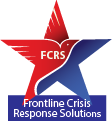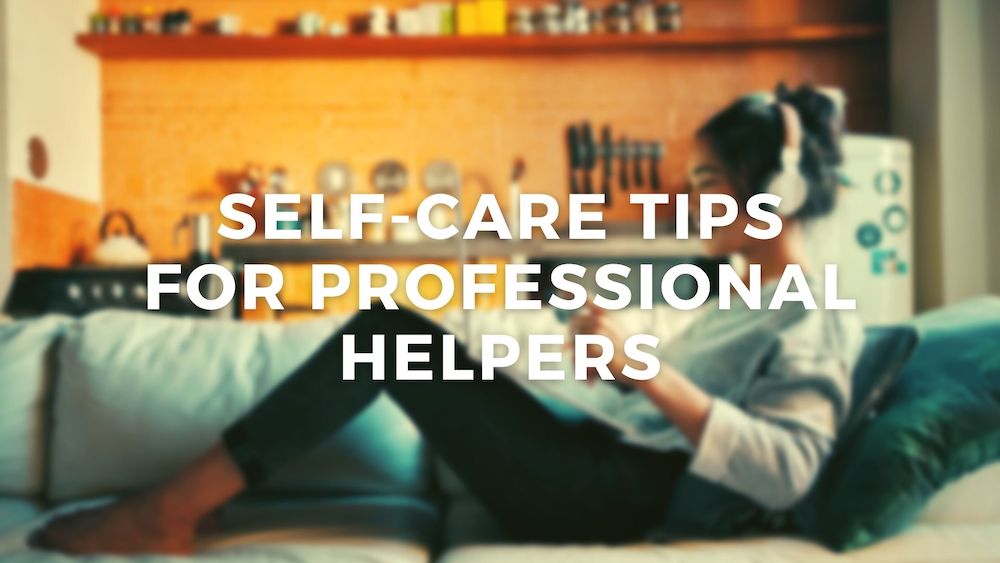How We Help
The FCRS Wellness & Resiliency Program provides support for emergency responders and other care professionals impacted by work-life stress, vicarious trauma, and burnout. To learn more about our upcoming Trainings & Workshops or to find out if your organization qualifies for our on-site resiliency workshops, please visit:
www.FrontlineCrisisResponse.com
Generously Sponsored by:
First Financial Group of America
“There is a cost to caring.” – Charles Figley
This resource was developed for professionals who are most prone to experience burnout and/or compassion fatigue:
Health Care Professionals
Mental Health Providers
Attorneys
Chaplains
Clergy/ Ministers
Teachers & Administrators
Social Service Workers
Emergency Responders
Supporting Persons affected by trauma is “emotional labor”.
You are trained to help and serve, especially in critical moments, you know what you are providing is needed, important and, beneficial. Although, helping others can be fulfilling and rewarding, it can also be a challenge for professionals who are often over-tasked and under-resourced, to prioritize self-care. Every encounter with a person in trauma, increases your risk of experiencing secondary traumatic stress also known as vicarious trauma or compassion fatigue.
Compassion fatigue is an occupational hazard NOT a sign of weakness or incompetence.
Sacrificing healthy routines to make room for the needs of others can make us less effective at what we do and more vulnerable to burnout.
Know the Symptoms of Burnout & Compassion Fatigue:
- Isolation
- Depression
- Difficulty focusing
- Aggression
- Increased anxiety
- Insomnia
- Excessive drinking
- Appetite changes
- Emotional exhaustion
- Reduced sense of personal accomplishment or meaning in work
- Mental exhaustion
- Depersonalization
- Physical exhaustion
- Denial
- Anger and/or sadness
Tips for professional helpers to cope, care for themselves, and prevent burnout.
- Attend professional development trainings on self-care or mindfulness
- Talk with a peer or colleague for support
- Utilize your EAP or Health Insurance Benefits
- Regularly reserve some “me time” in your schedule
- It’s okay to say “No”, try not to over commit yourself and your time
- Prioritize sleeping for physical, mental and emotional recovery

